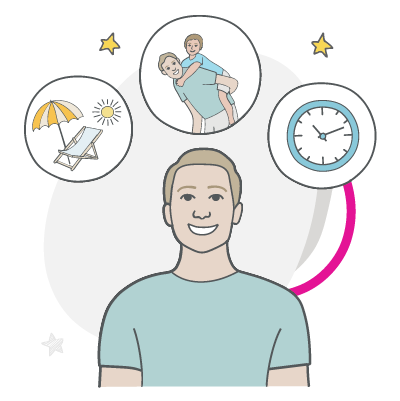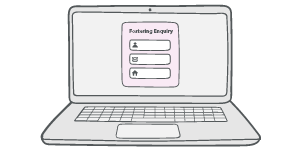Foster Carer Pension & Claiming Benefits
Foster Carer Pension
We receive many questions around the subjects of a foster carer pension, and foster carers and benefits.
We understand that investing for the future is an important consideration when you become a foster carer. Your foster carer pension entitlement will be the same as per other self-employed people, and will be based on your National Insurance Record.
To pay towards your state pension, you will need to fill in Form CF411A and submit a letter from TACT that confirms you are approved as a foster carer.
For the tax year 2024/2025, the full State Pension is £221.20 per week.
- If you have worked for an employer prior to becoming self-employed, you may have built up entitlement to Additional State Pension.
- If you live with a partner, they will also be able to access their National Insurance Record – therefore providing the total household income from a state pension.
TACT would always recommend that foster carers make additional financial arrangements for retirement, in addition to the state pension.
Foster Carers and Benefits
If you are currently claiming benefits, you will need to let the organisation that pays you these benefits know that you are in receipt of a fostering allowance. They will then be able to advise you about if these benefits can continue, or whether they will need to be cancelled.
Gov.uk provide benefits calculators which are independent, free and anonymous. They will provide information about:
- the benefits you could receive
- how much you could receive
- the effect on your benefits if you start working, or your working hours change
- the effect on your benefits if your circumstances change
In addition, you can check what you’re entitled to by accessing a local benefits advisor.

Benefits Calculators
These calculators will provide information about income-related benefits, contribution-based benefits, Universal Credit, tax credits, Council Tax Reduction and Carer’s Allowances:
Benefits for young people
You may be able to claim Carer’s Allowance if the young person you provide care for qualifies for Disability Living Allowance or Personal Independence Payment.







